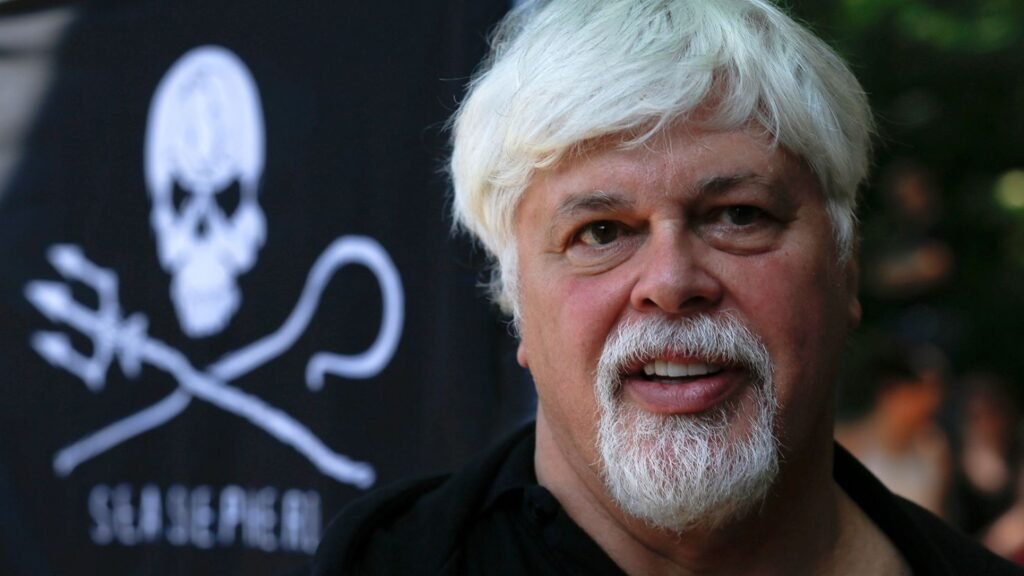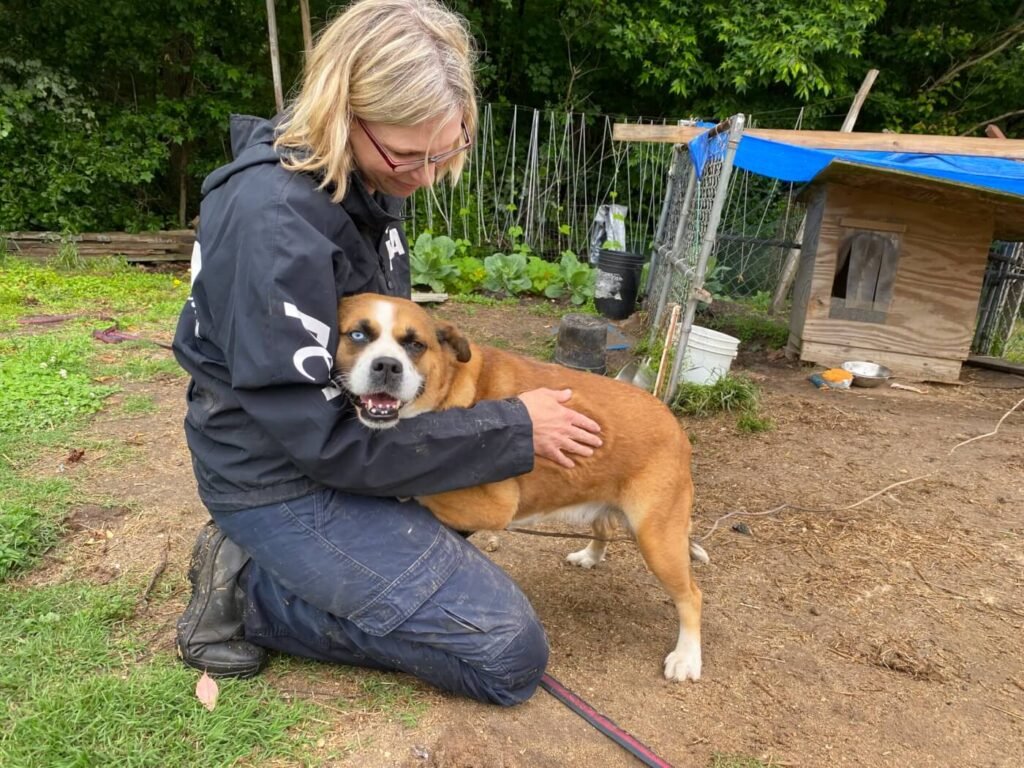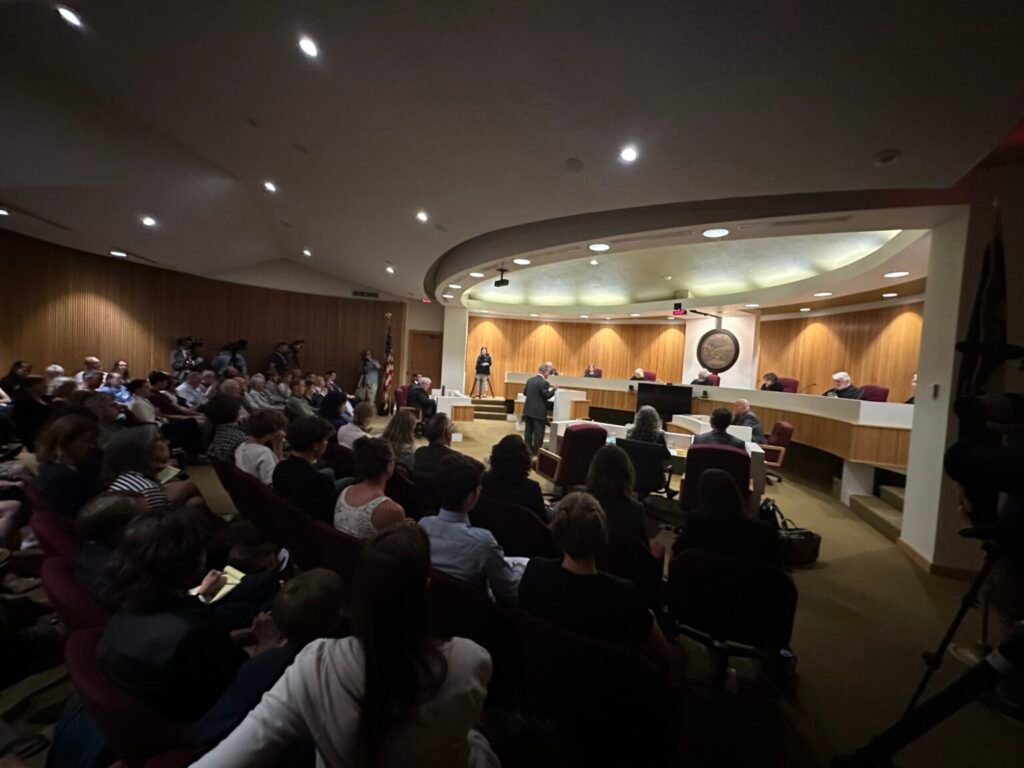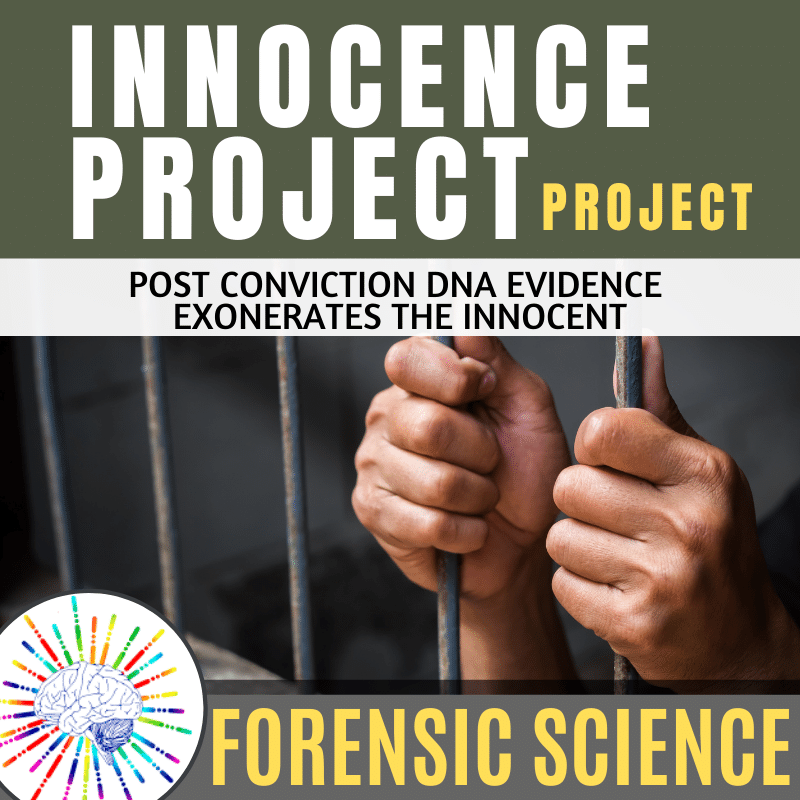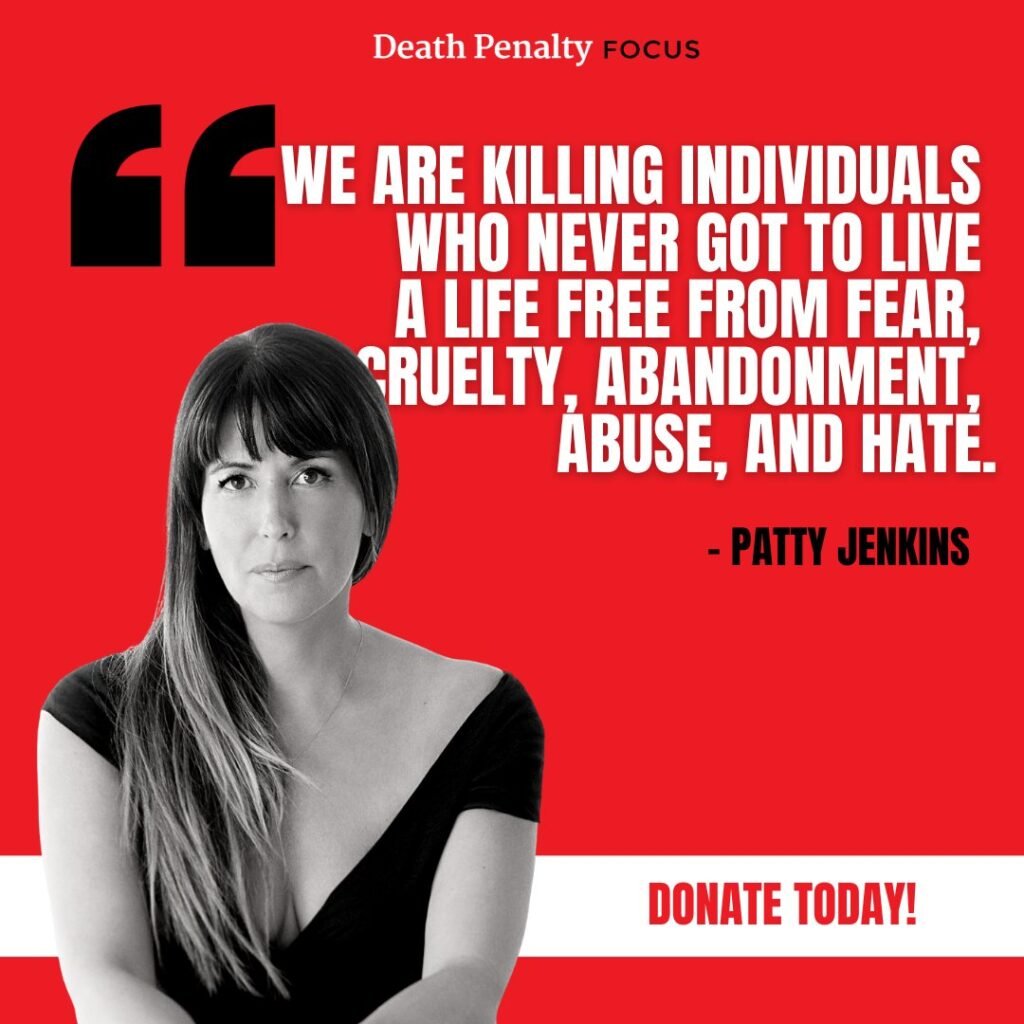dEATH pENALTY

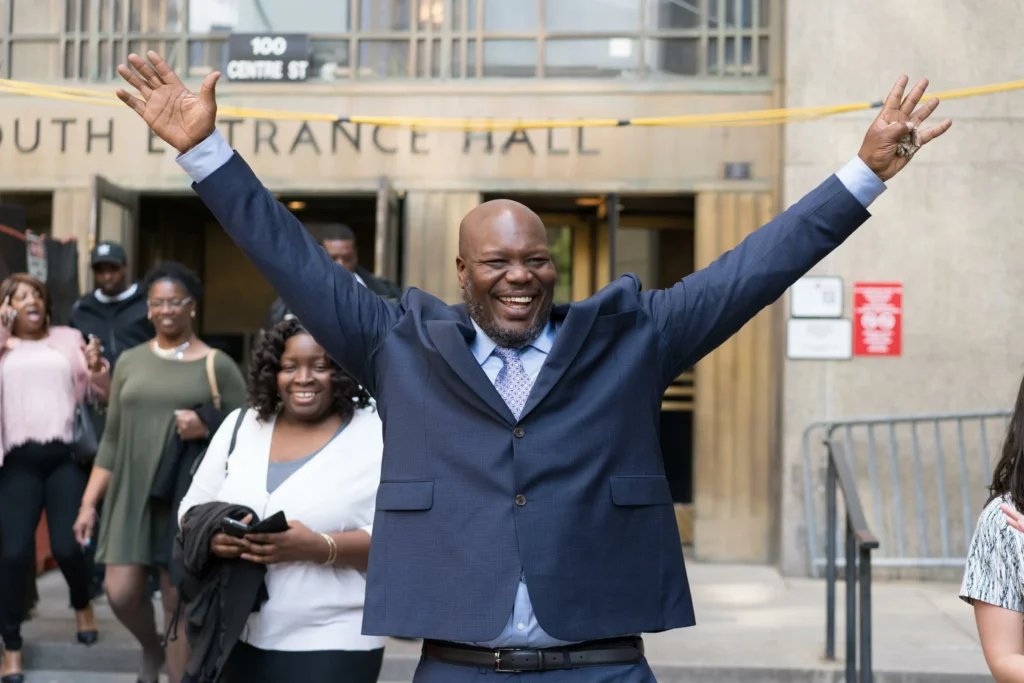


Trophy Hunting is for Idiots, The Controversy Surrounding Donald Trump Jr. and Eric Trump’s Trophy Hunting and the Ethics, Conservation, and Public Outcry
Environmentalist Paul Watson Detained Amidst International Controversy
PETA’s Lifesaving Mission is always Rescuing Animals in Need
Montana Supreme Court Considers Landmark Youth Climate Case: Held v. State of Montana
Jamie and Justina Chat About Dillan the Rescue Bear by PETA Rescue
SeaWorld: A Controversial Legacy Under Scrutiny
The organization’s mission is rooted in the belief that every individual deserves fair and equal treatment under the law, and that no one should be wrongly imprisoned for a crime they did not commit. Through a combination of legal advocacy, policy reform, and public education, the Innocence Project works to identify and overturn wrongful convictions, as well as address the systemic issues that contribute to them.
One of the primary methods used by the Innocence Project to overturn wrongful convictions is DNA testing. Since its inception, the organization has been at the forefront of advocating for the use of DNA evidence to prove innocence and identify the true perpetrators of crimes. DNA testing has been instrumental in exonerating countless individuals who were wrongfully convicted, often serving as irrefutable evidence of innocence.
In addition to its work on individual cases, the Innocence Project also engages in broader efforts to reform the criminal justice system. This includes advocating for policies that improve the reliability and accuracy of evidence, such as eyewitness identification procedures and forensic science standards. The organization also works to address issues such as prosecutorial misconduct, inadequate legal representation, and racial bias in the criminal justice system.
Furthermore, the Innocence Project is committed to raising awareness about wrongful convictions and the need for reform. Through media outreach, public speaking engagements, and educational initiatives, the organization seeks to inform the public about the prevalence of wrongful convictions and the systemic flaws that contribute to them. By engaging with the media, policymakers, and the public, the Innocence Project strives to build momentum for meaningful change within the criminal justice system.
Over the years, the Innocence Project has achieved numerous successes in its mission to exonerate the innocent and reform the criminal justice system. Through its dedication, perseverance, and unwavering commitment to justice, the organization continues to make a profound impact on the lives of individuals who have been wrongfully convicted and the broader pursuit of fairness and equity within the legal system.
The mission of Conservatives Concerned About the Death Penalty is rooted in conservative principles such as limited government, fiscal responsibility, and respect for human life. The organization asserts that the death penalty runs counter to these principles by empowering government to wield the ultimate power over its citizens, by diverting valuable resources away from other priorities, and by risking the execution of innocent individuals.
One of the key objectives of CCATDP is to educate conservatives and the broader public about the conservative case against the death penalty. The organization emphasizes that capital punishment is incompatible with conservative values of limited government, individual liberty, and fiscal responsibility, and highlights the financial costs and moral implications of maintaining the death penalty system.
CCATDP also works to mobilize conservative activists and leaders to advocate for alternatives to the death penalty that align with conservative principles. This includes promoting policies such as life imprisonment without parole, which the organization views as a more effective and humane approach to achieving justice and public safety.
Furthermore, Conservatives Concerned About the Death Penalty seeks to challenge the perception that opposition to the death penalty is a liberal or progressive stance. The organization highlights the growing number of conservatives who have voiced concerns about the death penalty, including lawmakers, law enforcement officials, and religious leaders, and works to amplify their voices within the conservative movement.
Through its advocacy, outreach, and coalition-building efforts, CCATDP has made significant strides in changing the conversation around the death penalty within conservative circles. The organization’s work has helped to shift public opinion and policy priorities, leading to increased support for alternatives to the death penalty and contributing to a broader movement for criminal justice reform.
As the national dialogue on capital punishment continues to evolve, Conservatives Concerned About the Death Penalty remains committed to advancing conservative principles and values in the fight against the death penalty. By engaging conservatives in conversations about the moral, practical, and fiscal implications of capital punishment, the organization seeks to build a more just and compassionate society where every life is valued and respected.



